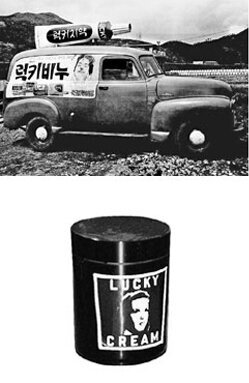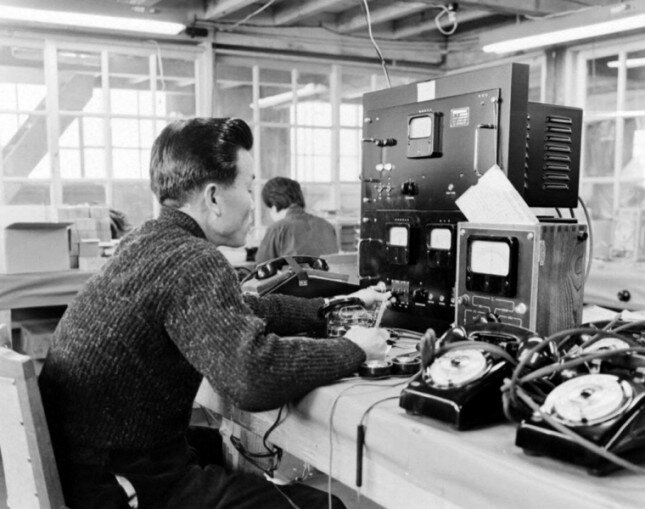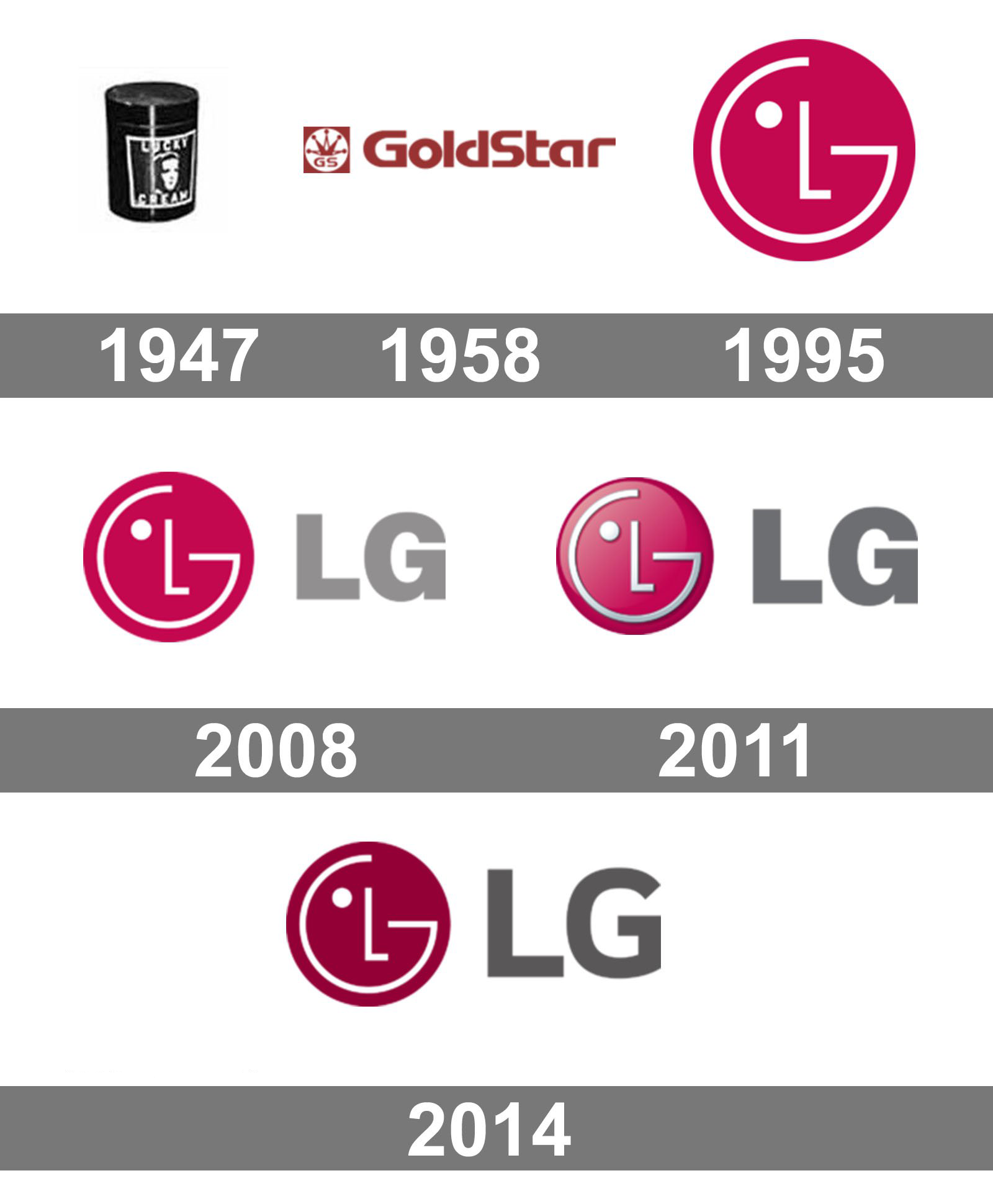A Look At LG's Early History
LG is a South Korean multinational corporation. It is the 4th largest company in Korea. So what do we know about LG? Most people when they think of LG, it’s usually because of the consumer electronics or they’ll recall the company’s slogan which is “Life’s Good”. Yet, the origins of the company can be traced back to the first entrepreneurial endeavors at the early beginnings of post-war South Korea.
Their history started off small making face cream and has grown to a global company leading in high technology. Koo In-Hwoi was the founder of LG, after completing his secondary education at the Central Normal Higher School, Seoul in 1924, he soon made his start as a businessman. He returned to his hometown in 1926, and quickly went on to head the village’s business cooperative union while also trading miscellaneous goods. In 1931, he opened a store along with younger brother Koo Chul-hwoi in Jinju, South Gyeongsang. Things didn’t go as planned, and it suffered huge losses. But instead of taking that first defeat to heart, he tried again by getting loans while putting up the family’s property as collateral. His fortune began to build as a result of this trial and error.
His first successful business, Lucky Chemical Industrial corporation began in 1957, he began selling a new face cream called Lucky, which quickly sold out despite its relatively high price thanks to its high-quality ingredients. But though sales were soaring, because of a big problem with the cream’s lid, many people were returning the product. His solution was to use plastic for the lid, even though the material wasn’t common in Korea. In September 1952, he opened a plastics plant in Busan and started manufacturing plastic hairbrushes, which also became a huge hit. Within two months, he had to add additional manufacturing machines to meet explosive demand and also started making new products like toothbrushes and washbowls. In 1953 he succeeded in establishing Lak Hui Industrial Co. Ltd. But his ambitions didn’t stop there. In 1958, he started Goldstar, which later became LG Electronics. Goldstar immediately began developing a radio, and in 1959, Korea’s first homemade radio started rolling off the production line. He then started producing phones, fans, air conditioners, TVs, and refrigerators. He also produced Lucky Sodo toothpaste, toothbrush, soap and synthetic detergent for the first time in Korea.
The Lucky brand was famous for hygiene products such as soaps and HiTi laundry detergents, but the brand was mostly associated with its Lucky and Perioe toothpaste. LG continues to manufacture some of these products for the South Korean market, such as laundry detergent.
As the company expanded its plastics business, it established GoldStar Co. Ltd. in 1958, which was established in the aftermath of the Korean War to provide the rebuilding nation with domestically-produced consumer electronics and home appliances. GoldStar produced South Korea's first radios, TVs, refrigerators, washing machines, and air conditioners. GoldStar was one of the LG groups with sister company, Lucky Chemical Industrial Corp. which is now LG Chem and LG Households. Both companies Lucky and GoldStar merged and formed Lucky-Goldstar in 1983. GoldStar merged with Lucky Chemical and LS Cable on 28 February 1995, changing the corporate name to Lucky-Goldstar, and then finally to LG Electronics.
GoldStar produced South Korea's first radio. Many consumer electronics were sold under the brand name GoldStar, while some other household products (not available outside South Korea) were sold under the brand name of Lucky.
The company was renamed LG in 1995. The company also associates the letters LG with the company's tagline "Life's Good". This caused LG’s recognition to appeal more globally.
The history of LG Electronics has always been surrounded by the company’s desire to create a happier, better life. Ever since LG Electronics was established in 1958, they have led the way into the advanced digital era thanks to the technological expertise acquired by manufacturing many home appliances such as radios and TVs. LG Electronics has unveiled many new products, applied new technologies in the form of mobile devices and digital TVs in the 21st century and continues to reinforce its status as a global company.







